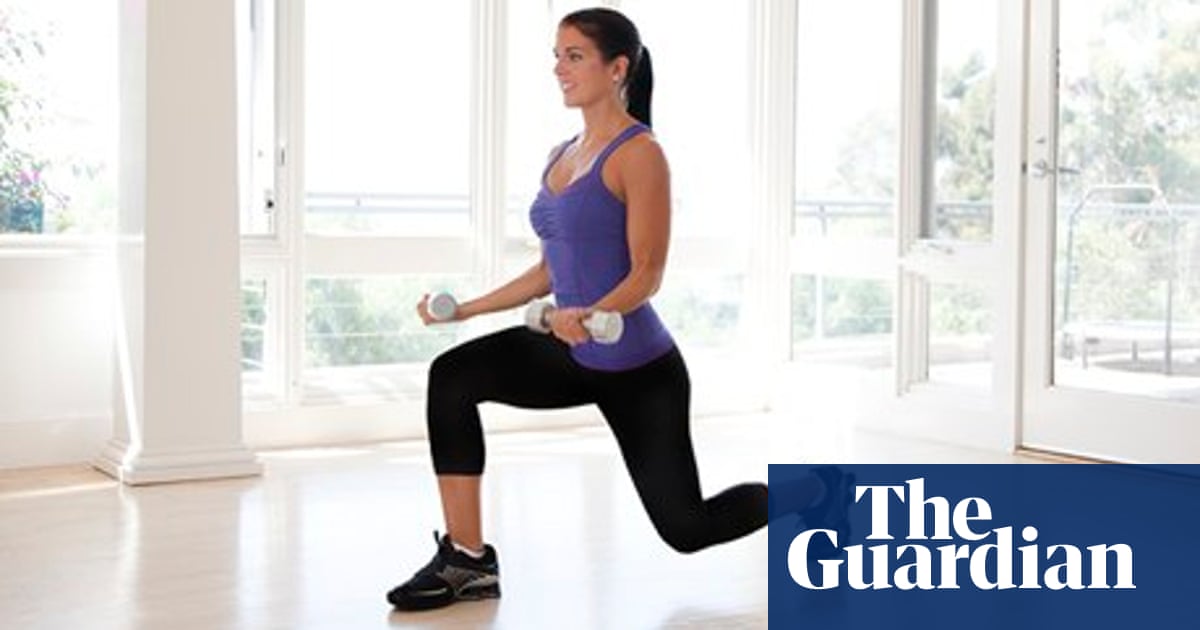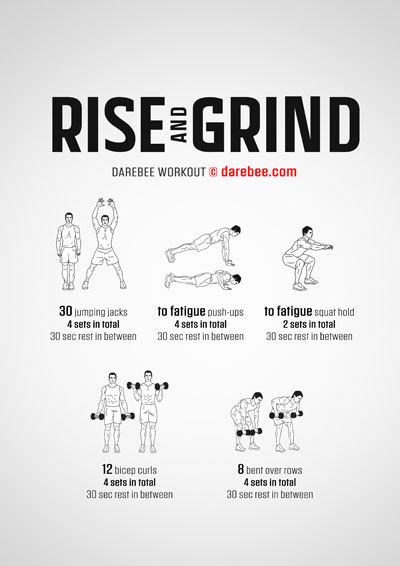
The personal trainer job is an excellent way to interact with people of all ages. Personal trainers help clients achieve their fitness goals. They can also help them live a healthier and more active lifestyle. Personal trainers are trained to focus on each client's needs and goals. This helps clients feel happier and healthier.
Work environment
A personal trainer's work environment is diverse, ranging from public facilities like fitness centers, to private workout studios. Some personal trainers are able to work remotely from their homes with their clients. Others might work in a fitness center, country club, yoga studio, or other places. Personal trainers may also work in their own homes or hospitals. Personal trainers may need specialized skills depending on their environment.
Many successful personal trainers blend their love for fitness with their love for helping others. They are creative, people-oriented and disciplined. Although it is challenging to work in a personal training career, it can also offer stability and rewards.
Your job duties
A personal trainer is a qualified professional who develops specialized exercise programs for clients. Personal trainers help clients to set and keep their goals, and provide guidance and motivation. They may also offer advice on nutrition, weight training, and cardiovascular exercise. This job requires a certification in personal training and 3-5 years' experience in related fields.

Personal trainers usually start out as employees at gyms. However, once they have established a client base they might choose to become a freelancer. Public liability insurance is required for freelancers. Employers may also be looking for someone who is passionate about helping others achieve their goals and loves exercise.
Training requirements
Personal trainers need to be able to use a variety skills and have expertise. They must be fit and healthy. Their work requires them to stand for long periods of time. They should also be able communicate well. Professionals must be able to communicate effectively with clients.
There are many courses and certifications that can be taken to become a personal training professional. Choosing an NCCA-accredited program will increase your chances of finding a job at a corporate gym. Unaccredited courses can be more affordable, but prospective trainers will prefer to enroll in accredited programs because they offer a better education and are prepared for the demands that the industry requires.
Earning potential
Personal trainers' earning potential depends on many factors such as location, experience and work hours. Understanding the potential growth and how much they could earn will be a great way to stay motivated for new personal trainers. Here are some ways to boost your earning potential, as a personal coach.
Getting additional certifications: Personal trainers often study additional certification programs to gain the most current education and training in the fitness industry. More credentials can help them fill more niches, which can increase the potential for earning more in the industry. Some personal coaches specialize in certain areas of training, such weight loss, sports conditioning or elderly people with medical conditions.

Employment growth
Job growth for personal trainers is on the rise. According to the U.S. Bureau of Labor Statistics there will be approximately 24,000 personal trainers in 2020. This growth is significantly faster than the national median. The number of personal trainers in Michigan will increase by 15.6%. This growth will generate 188 additional jobs annually.
This profession will experience job growth from 2026. There is a need for personal trainers because of the obesity epidemic that affects children and adolescents. Personal trainers who work with youth and children will see a rise in demand as schools have reduced their physical education programs. Personal trainers have the opportunity to find clients in the mid-afternoon because many schools don't close for extended hours.
FAQ
Why is fitness so important?
Our health is dependent on our physical fitness. We must exercise regularly to maintain our weight, strength, flexibility, and cardiovascular system. Exercise is also good for our sleep, stress reduction, self-esteem and energy throughout the day.
What does Nutrition do for Your Body?
Your body functions properly when you have the right nutrition. The best way to ensure that you receive adequate nutrition is to eat a balanced diet with plenty of fruits and vegetables, lean proteins, whole grains, and healthy fats.
What are Resistance Training Exercises?
Resistance training is performed with weights and other objects. For example, lifting weights strengthens your arms, shoulders, chest, back, legs, and core. Resistance training promotes strength, muscle mass, and bone density.
Is it possible not to be thin enough?
Yes! Both being underweight or suffering from an eating disorder is unhealthy. It isn't normal to be smaller than your recommended height. Other symptoms include feeling tired, weak and dizzy.
How does caffeine affect my sleep?
Caffeine influences how quickly and how well you fall asleep. Caffeine induces drowsiness which makes it easier to fall asleep. Caffeine keeps you awake for longer periods of time, making it difficult to fall asleep again. If you drink coffee or energy drinks right before bedtime, try drinking them later in the evening instead.
Statistics
- In high-income countries, 26% of men and 35% of women were insufficiently physically active, as compared to 12% of men and 24% of women in low-income countries. (who.int)
- An estimated 110,000 deaths per year could be prevented (cdc.gov)
- Physical activity confers the following maternal and fetal health benefits: a decreased risk of pre-eclampsia, gestational hypertension, gestational diabetes (for example, 30% reduction in risk) (who.int)
- Globally, 28% of adults aged 18 and over were not active enough in 2016 (men 23% and women 32%). (who.int)
External Links
How To
How to Burn Belly Fats Quicker
Belly Fat is often considered a problem for those who want to lose weight. However, Belly Fat can be beneficial if you really think about it. It is the fat in your stomach that protects your organs. So let's see how to burn belly fat fast.
The main factors that contribute to our body fat accumulation are stress and inactivity. Because of its stimulation of the production hormone cortisol, stress can make us feel hungry continuously. Cortisol can increase insulin levels in the blood. The excess calories stored as fat are then stored by insulin. A lack of sleep leads to adrenaline being released into the system which causes an increased appetite. These extra calories can easily be lost through exercise.
There are many different ways to reduce bellyfat. Any one of these can be tried, depending on how much you have to spend. These are some ways to quickly lose belly fat.
-
Try to eat less food. Eat smaller meals throughout the day rather than eating three big ones. This will result in fewer calories.
-
Drink plenty of fluids. Water flushes out toxins from your body and keeps you hydrated. You won't overeat if you drink water before you eat.
-
Avoid unhealthy snacks. If you're looking for quick fixes, snack foods like chips, cookies, candies, etc. These tempting snacks might look appealing. These sugary treats have lots of empty calories so avoid them. Instead, choose healthy alternatives like fruits, veggies, nuts, seeds, and whole grains.
-
Strength training should be done at least three times per week. Strength training builds muscle mass that burns more calories, even when it is done while you rest. Strength training strengthens bones, muscles and ligaments. It can also improve the heart, lungs, joints, and other body systems.
-
Move regularly and stretch. Stretching helps to improve flexibility and mobility, which reduces back pain. Walking is great for burning calories, especially brisk walking for 30 minutes.
-
Reduce alcohol intake. Reduce alcohol intake. Alcohol is a waste of calories and has no nutritional value.
-
You can lose weight slowly. The first step towards losing weight is to identify what your current weight is. Then calculate your ideal weight by adding 5% to 10% of your total body weight. Once you have established your ideal weight, reduce your daily calorie intake by 500 to 1000 calories each day until you achieve your goal.
-
Avoid processed food. These foods are high in salt, sugar, preservatives, and other harmful ingredients. Even though they can be very convenient, these foods lack sufficient nutrients to support your health.
-
Don't skip breakfast! A good breakfast can improve concentration, memory, as well as energy level. Breakfast should include protein (like eggs), fiber (like oats), and complex carbohydrates (like oatmeal).
-
Have regular bowel movements. Constipation or irregularity can lead to gas and bloating. You can prevent this by drinking lots of water and increasing your fiber intake.